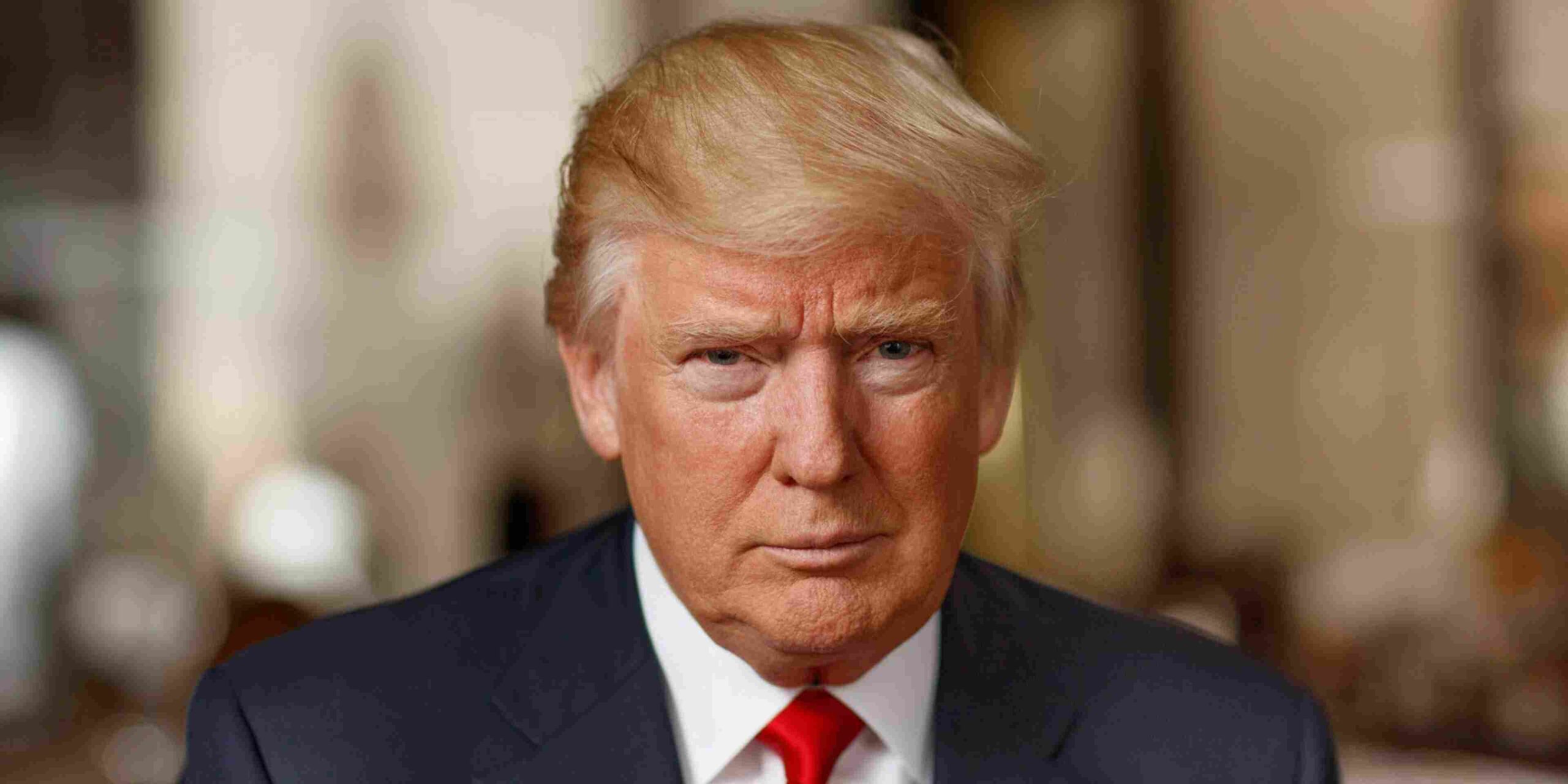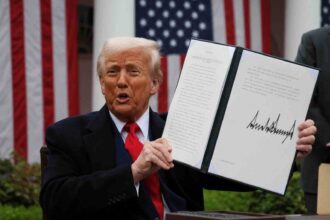- Four GOP senators broke ranks to oppose President Trump’s tariff measures.
- Senate approved resolution 51–47 to roll back recent global tariffs.
- Vice President JD Vance lobbied Republicans to defend Trump’s trade strategy.
- Measures unlikely to advance due to House procedural block.
- Vote reflects growing Republican unease over tariff impacts on U.S. economy.
The U.S. Senate voted 51–47 on Thursday to overturn President Trump’s global tariff measures, marking the third time this week that lawmakers from both parties united to challenge his use of emergency trade powers.
The resolution, led by Sen. Tim Kaine (D-Va.), aimed to reverse tariffs imposed in April on countries including Canada and Brazil. It passed with support from four Republican senators; Susan Collins of Maine, Lisa Murkowski of Alaska, and Kentucky’s Mitch McConnell and Rand Paul joining Democrats.
“The way that the president has imposed the tariffs is leading to nothing but chaos,” Kaine said before the vote, arguing that the administration’s trade tactics amount to “Announce tariffs on everyone, then announce that they may be suspended or delayed while I work out one-on-one deals.”
Earlier this week, the same four Republicans backed Democratic resolutions to end tariffs on Brazil and Canada. Sen. Thom Tillis (R-N.C.) also joined Democrats in opposing the Brazil tariffs, calling them baseless and counterproductive to U.S. trade interests.
The majority of Senate Republicans stood with the administration. Senate Finance Committee Chairman Mike Crapo (R-Idaho) defended the president’s trade negotiations, saying they were producing results. “The president’s negotiations are bearing fruit. President Trump already announced new trade deals,” Crapo said, adding that more agreements could follow.
Despite the Senate’s narrow rebuke, the resolutions face a procedural dead end in the House, where Speaker Mike Johnson (R-La.) has blocked similar votes. Even if the measures advanced, President Trump is expected to veto them.
The rare defection of several Republicans, however, highlights growing unease within the party over the economic fallout of the tariffs particularly among farmers and manufacturers who have faced higher costs and supply chain disruptions.
The disputes come as the Supreme Court prepares to hear a major case this fall on whether Trump’s use of emergency powers to impose sweeping tariffs exceeds presidential authority.
Thursday’s vote follows an earlier failed attempt in April to limit Trump’s tariff powers, as well as growing criticism from Democrats who describe the administration’s trade approach as erratic. “Since then our nation’s trade policy has looked pretty much like a dog chasing a squirrel,” Sen. Ron Wyden (D-Ore.) said on the Senate floor, citing inconsistent tariff changes and secretive exemptions.
The White House’s push for loyalty included Vice President JD Vance personally meeting with Senate Republicans earlier this week to urge support for the president’s trade strategy. But not all were persuaded. “I just don’t think there’s a rational basis for it,” Tillis said of the Brazil tariffs.
President Trump introduced those tariffs this summer to pressure Brazil’s government over what he called a “witch hunt” against his ally, former Brazilian leader Jair Bolsonaro who was recently sentenced to 27 years in prison for attempting to cling to power after his 2022 election loss.
While the latest Senate vote is unlikely to change policy, it underscored a clear message: even within a Republican-controlled chamber, patience with the president’s unpredictable tariff strategy is wearing thin.
Also Read: Donald Trump Orders Resumption of US Nuclear Weapons Testing After Three Decades








